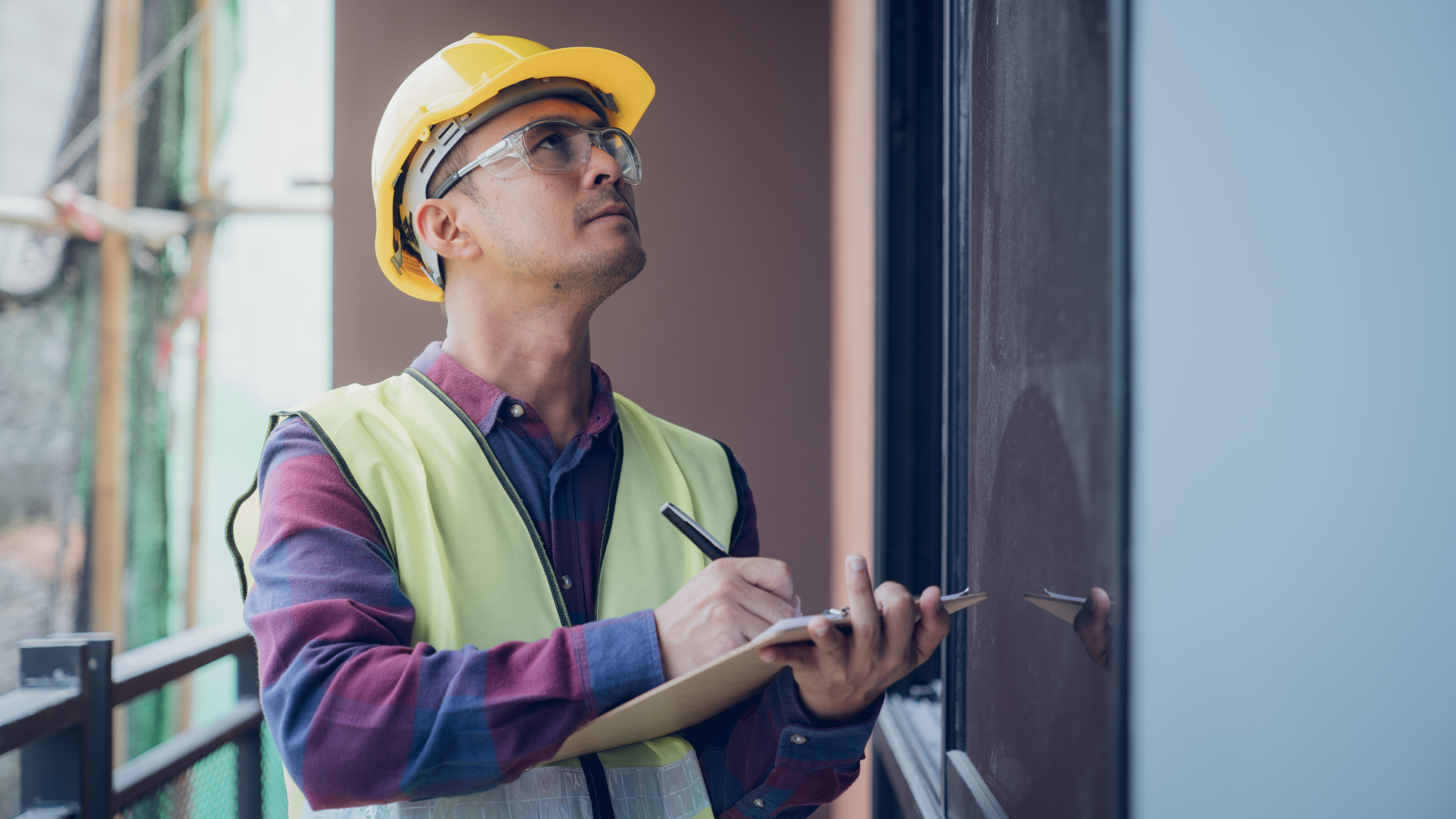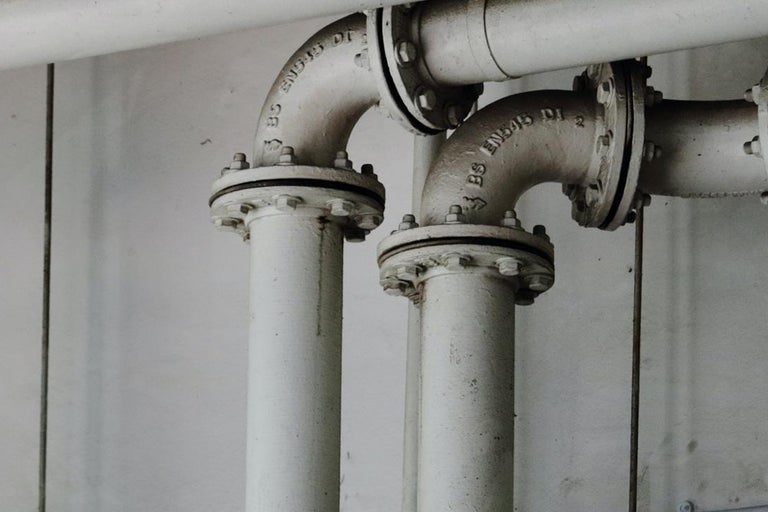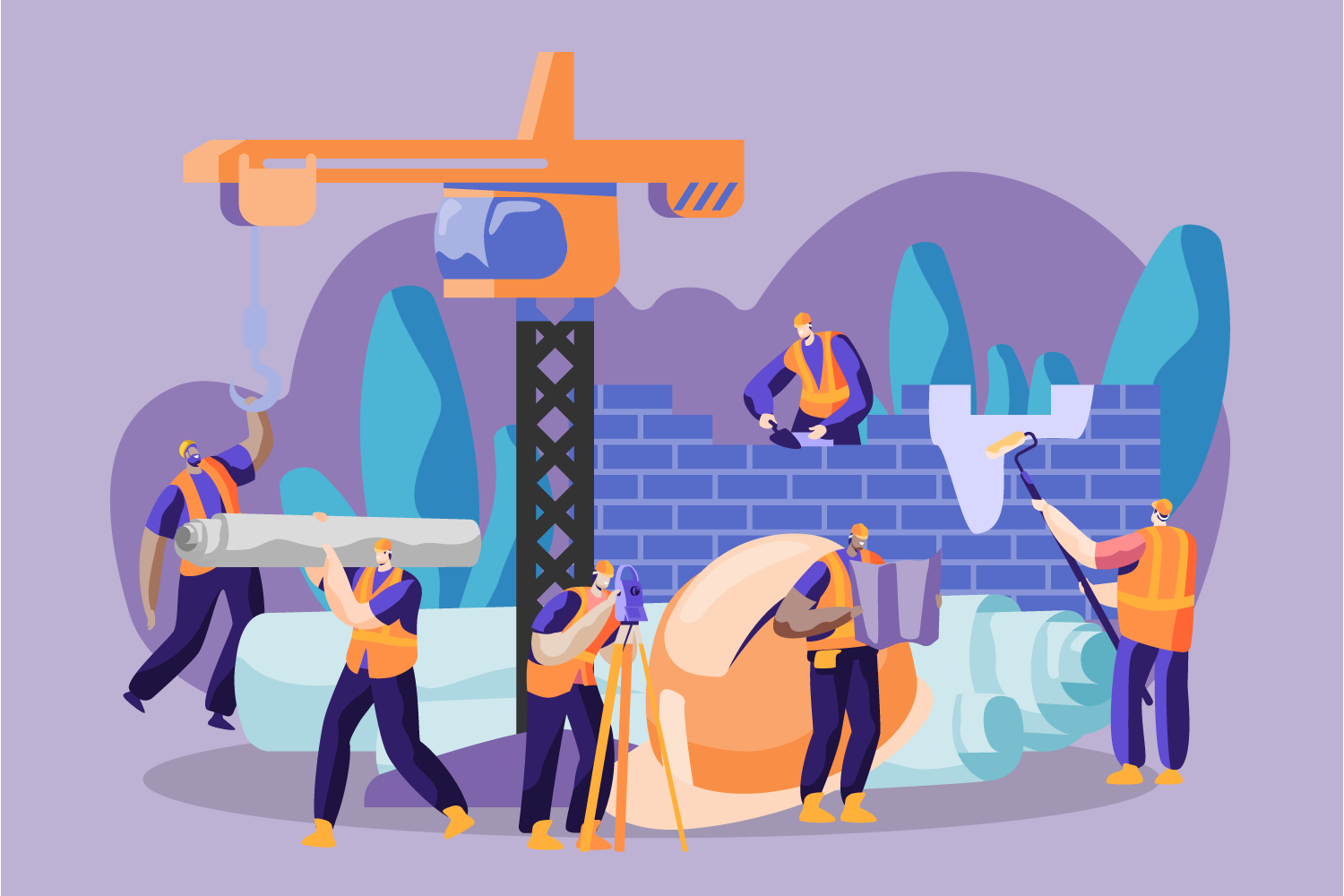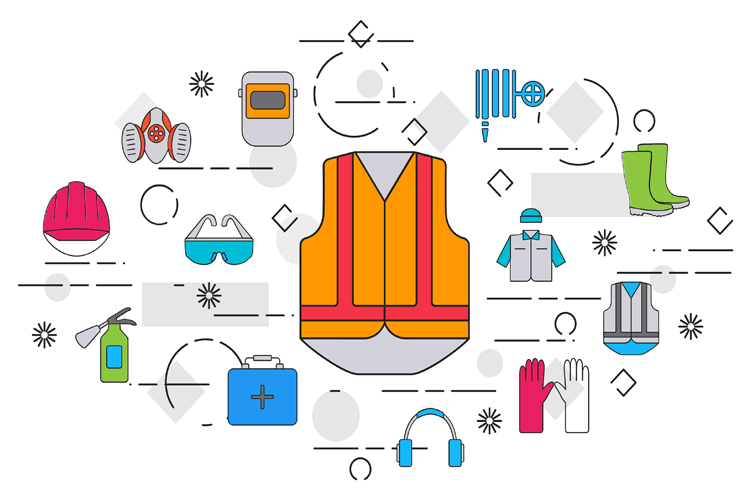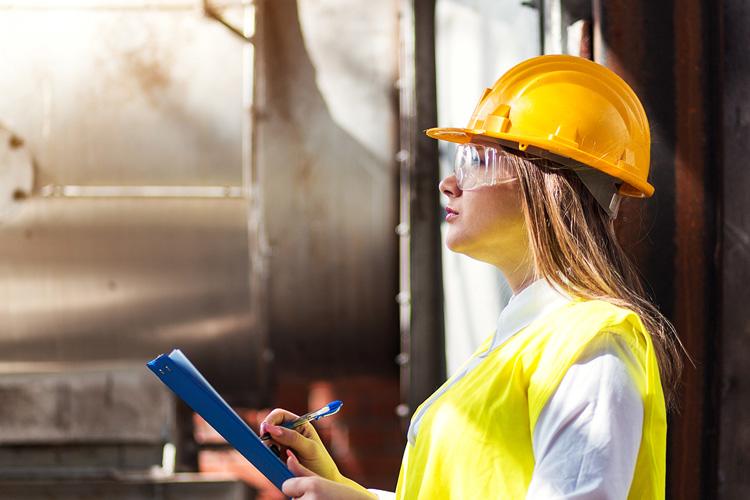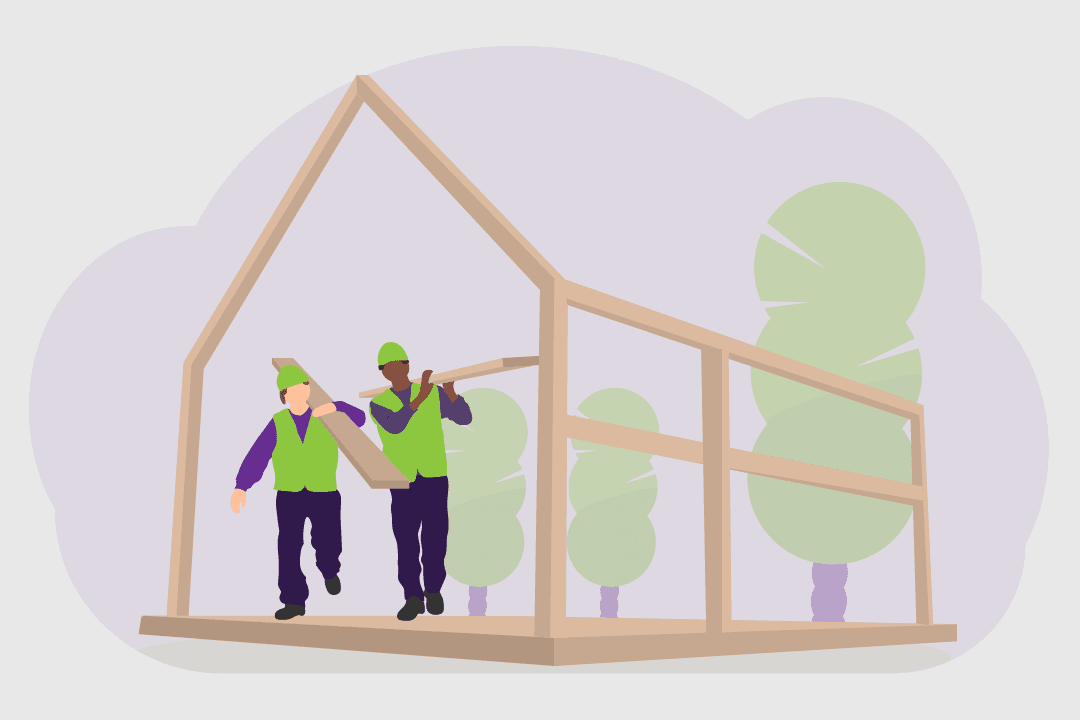Building inspector job description
Let’s get real. Job information online can often be overly optimistic — conveniently glossing over the raw bits. But when you’re making decisions about your future, you need all the facts.
That’s why we anonymously surveyed building inspectors about their job, with hopes of getting an honest insight into what it’s really like.
While we did our best to ensure respondents were Australians and verified their job titles with proof of employment, we can’t guarantee complete accuracy — or that your experiences in the field will reflect theirs. So, we suggest that you take these insights as a guide only and try to talk to people in the field before making an important decision.
Tasks and responsibilities for a building inspector
Building inspection is an essential and highly skilled job with defined systems and processes that must be followed correctly.
So, what are some of a building inspector’s responsibilities?
- Issuing building permits before work begins
- Conducting inspections of building work at various construction stages
- Creating written inspection records
- Documenting and reporting on building works that fail inspection
- Giving verbal direction to fix building work that doesn't comply with building regulations (if authorised by the building surveyor)
- Estimating time scales and calculating costs
How to become a building inspector
-
Study
You need to hold the relevant qualifications to become a building inspector. Courses are available through accredited VET providers or universities to gain the qualifications required.
-
Get a licence if required
Each state in Australia has varying requirements for licensing within the construction industry. Check with your state’s government website to determine if you need to acquire one and the minimum required qualifications to become a licensed building inspector.
-
Get a White Card
To work on any building or construction site in Australia, you must hold a Construction Induction Card (White Card). You can get a White Card by taking a short course through an RTO (registered training organisation)
Pathway options
A job as a building inspector is highly skilled and often a great choice for a long term career. But, it can also offer opportunities to enter higher-level roles or provide a pathway into other careers within the construction industry.
Where a building inspector’s career path could lead:
Junior
-
Trade assistant
Most common qualification:
Cert II in Construction (CPC20120) -
Pipelayer
Most common qualification:
Certificate III in Civil Construction (Pipe Laying) (RII30920) -
Road construction worker
Most common qualification:
Certificate III in Civil Construction (Road Construction and Maintenance) (RII30920) -
Traffic controller
Most common qualification:
Certificate III in Civil Construction (Traffic Management) (RII30920)
Mid
-
Builder
Most common qualification:
Certificate IV in Building and Construction (CPC40120) -
Electrician
Most common qualification:
Certificate III in Electrotechnology Electrician (UEE30820) -
Construction estimator
Most common qualification:
Certificate IV in Building and Construction (Building) (CPC40120) -
Building inspector
Most common qualification:
Diploma of Building and Construction (Building) (CPC50220) -
Construction site foreman
Most common qualification:
Certificate IV in Building and Construction (Building) (CPC40120) -
Contract administrator
Most common qualification:
Certificate IV in Building Project Support (Contract Administrator) (CPC40320)
Senior
-
Construction project manager
Most common qualification:
Diploma of Building and Construction (Management) (CPC50320) -
Construction manager
Most common qualification:
Diploma of Building and Construction (Management) (CPC50320) -
Quantity surveyor
Most common qualification:
Bachelor of Construction Management
Explore related qualifications
There are two classes of building inspector, and both require specific training:
Building Inspector (Limited)
Responsible for carrying out inspections of building work for all classes of buildings (excluding buildings with basements) of up to three storeys in height with a maximum floor area of 500 square metres. Or all classes of buildings (including buildings with basements) of up to three storeys in height with a maximum floor area of up to 2000 square metres.
Building Inspector (Unlimited)
Responsible for carrying out inspections of building work in respect of all BCA classes and types of buildings of unlimited height and floor size.
Building inspector qualifications:
Diploma of Building and Construction (Building) (CPC50220)
This qualification prepares the learner for a role as a building professional. It teaches skills and knowledge of structural principles, risk, management, financial management and estimating. It also covers skills in administering building plans and contracts, sourcing contractors, overseeing the work and its quality and managing construction work in building projects, including residential buildings and commercial buildings, with the following limitations:
- Residential construction limited to National Construction Code Class 1 and 10 buildings to a maximum of 3 storeys.
- Commercial construction limited to National Construction Code Class 2 to 9 buildings, Type C and B construction.
This course is available as an Australian Apprenticeship, and the fee and duration of the apprenticeship may differ in each state.
Occupational outcomes can include:
- Builder
- General Foreperson
And this qualification can be a pathway into roles in building inspection.
The average duration for this course is 18 months and can be completed full-time or part-time.
3 providers offer this course



Advanced Diploma of Building Surveying (CPC60121)
This Diploma is a qualification that prepares building surveyors or certifiers with advanced knowledge of compliance and construction methods to implement statutory building surveying requirements or for the provision of advisory building surveying services.
The scope of work for building surveyors applies to all Classes of residential and commercial buildings in the National Construction Code (NCC), up to three storeys and not exceeding 2,000 square metres in floor area.
Those who complete an Advanced Diploma of Building Surveying CPC60121 will satisfy the knowledge needed to register as a Building inspector (Limited).
*Licensing, legislative, regulatory or certification requirements apply to building surveying in some states and territories. For further information, check with the relevant regulatory authority.
3 providers offer this course



Bachelor of Construction Management
Bachelor of Construction Management
This degree qualification takes around three years full-time to complete and teaches construction professionals the skills and practical knowledge to analyse problems and meet administrative requirements.
Skills taught include construction management and materials, economics and law, scheduling and estimating, contract administration, building and quantity surveying and sustainable construction and construction environmental science.
Career outcomes can include:
- Construction manager
- Construction project manager
- Construction supervisor
- Construction estimator
- Build surveyor
And more.
This course can be delivered in class, a combination of face-to-face and online classes, or 100% online.
Related subjects
Roles in the construction and building industry are vast and varied and require newcomers all of the time. If you would like to look at other jobs in the sector, the world is your oyster.
Related articles
If a job as a building inspector sounds perfect for you, you can learn more through a massive catalogue of resources, articles, hints and tips and real-life stories of people in the industry.
